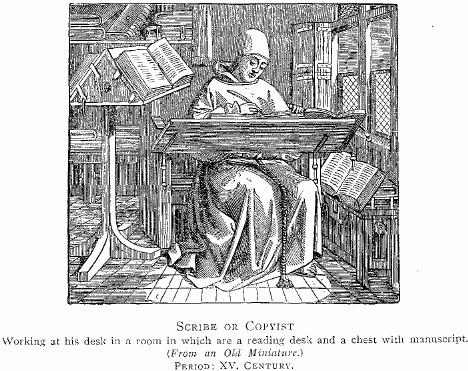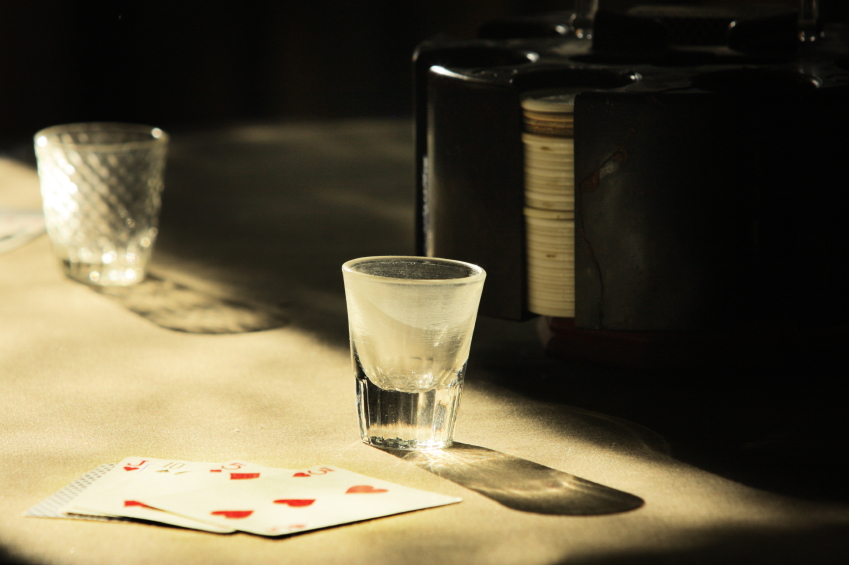
When I started writing the first dirty draft of Traitor’s Knot, I was so focused on the details of the events, that I often neglected the human reaction to the drama. It’s understandable given that there is so much pressure to get the historical facts nailed. Historical fiction writers have the advantage of knowing what happened to their subjects, but sometimes that knowledge blunts the suspense.
This doesn’t seem to be a problem for other genres, with perhaps the exception of memoire. Science fiction and fantasy–your imagination defines what or what doesn’t happen. Contemporary or romance, ditto. Thrillers? You guys are the boss for keeping us guessing! But historical fiction writers are slaves to the set-in-stone historical record and too often we concentrate more on the facts.
I’ll give you an example of this from that first raw draft. The historical facts: Following the Battle of Worcester, King Charles II escaped from the city and spent the next six weeks wandering the countryside looking for passage to the Continent. On September 22nd, a fugitive Charles arrived in Charmouth and waited at the Queen’s Arms Inn to meet a Captain Limbry, who had agreed to take him across to France. Charles waited, and waited, and…well, you get the gist. Captain Limbry was a no-show. What did Charles do? Having decided that it would be foolish to remain there, he left and travelled to Bridport, where he made discreet enquiries.
I faithfully recaptured that scene, as well as the ones leading up to and after it. I described the inn and the human traffic coming in for an afternoon rest. And that was it. The scene ended. A good friend of mine challenged me on why I included this scene.
“Because it happened,” I answered, eager to show that I had all my juicy historical facts straight.
“Not good enough,” she responded.
This floored me. Didn’t she realize that I needed to be true to the historical facts? How could I not include this in my story? It actually happened. Really, it did. If I didn’t capture this moment, people who knew their history would think that I didn’t know mine! I’ve heard historical fiction authors say this on more than one occassion.
After I stopped whining and thought more about what she meant, I understood that just because it happened, it didn’t mean that the scene was strong enough to include in the story. It was a non-event. Charles arrived in an inn, drank a few pints, then left. If I wanted to dramatize this moment, I needed to, well, to dramatize it.

How did I miss this blatant example of Writing 101? The fact that I, as the author, knew what was going to happen (that Charles didn’t get caught at that point) blunted my perspective. I missed heightening the tension because I knew that he wouldn’t get caught. You know how I mentioned that this isn’t a problem for other genres except perhaps memoire? Scratch that. It is a problem for all genres, even if the scene you’re writing have been cooked up in your mind.
Going back to my example, a more compelling scene would have been to use the uncertainty of where the captain was to heighten the stakes. Here we have our disguised king hanging out in a crowded inn, surrounded by people who would have won the lottery had they turned him in for the reward. This was high risk stakes. What was Charles thinking as he waited, watching the door as every second melted away? What doubts did he have about the captain keeping his mouth shut? Could someone have shaken a confession out of the captain? At any moment a troop of dragoons would rush through the door and snatch the royal prize.
You see how this changes the scene? If I was in that situation, a million dire things would be going through my head. I’d be torn between the safety of leaving the place before I was found and the fear that I would be turning my back on my only escape from England. Was it probable that all these things were going through Charles’s head? I’d be very surprised if they weren’t. The expectation of something about to happen with the fear and worry about why it isn’t happening, can be a powerful moment of tension. And I missed it because I was focused on what actually happened.
In the end, this scene ended up on the cutting floor because I had to pick and choose what mattered to my characters and their story. But the idea of the scene did not go to waste. That scene inspired another one which did make it into the published version. My friend’s advice on the other hand stays with me in every scene I have since written.
If you want to read more about Charles and his escape, check out my Fugitive King series, starting with Part 1.
Have you read Traitor’s Knot? Can you guess which scene was inspired by this revelation?
For more on this subject, and delivered by a master historical fiction story teller, give a listen to Dame Hilary Mantel’s Can These Bones Live? where she discusses how historical fiction can make the past come alive. This talk has been included in the Reith Lectures. It’s an absolute delight and highly recommended. She puts forward similar points in a far more eloquent and compelling manner than I can ever dream of doing. If you’re wondering, I wrote the above blog post before listening to Dame Mantel’s lecture. As you can imagine, the muscles of my neck are sore with all the head nodding I did over the length of the talk. You don’t want to miss this one. Click here to access Can These Bones Live?

I’m actually reading Traitor’s Knot now, and enjoying it very much… I also write historical fiction (romance), and for every three or four hundred pages of research, you get to use a paragraph in the story. You want to tell everyone every fascinating fact you unearth! But it’s the wonderful little details about clothes, or herbs, or the marketplace of the time that stick with readers, makes that time period live for them, without a heavy history lesson—they just get to absorb it though their pores. Lovely to read a book set in a unique time period with plenty of historical conflict built in!
LikeLike
Thank you for reading, and I’m so glad you’re enjoying the story! You’re so right about how much research ends up in the final draft. There’s so much you want to put in but it would become unwieldy. Please drop me a line when you finish and let me know what you thought of it. 🙂
LikeLike
Reblogged this on Marie Macpherson.
LikeLiked by 1 person
Great article!
I think this is indeed one of the most tricky aspects of historical writing. And it doesn’t even go only for main characters. We might fall into the trick of desctibing something (especially if it is very different from anything we can experience today) only for the sake of setting, while we should always remember that everything we put in a story should have a narrational import as well.
Thanks so much for sharing this 🙂
LikeLiked by 1 person
Thank you for the comment. It’s a crucial thing to get right!
LikeLike
Reblogged this on johnrobertharalson and commented:
Cryssa Bazos: Because it happened: How not to write historical fiction
LikeLiked by 1 person
Thank you!
LikeLiked by 1 person
Cryssa, I share your thoughts. The challenges of writing historical fiction can certainly have a writer spinning in many directions. I even blogged about it myself. http://vsantoro.ca/history-is-a-mere-backdrop-to-a-story/
LikeLiked by 1 person
Thanks for the comment and for sharing your article.
LikeLike